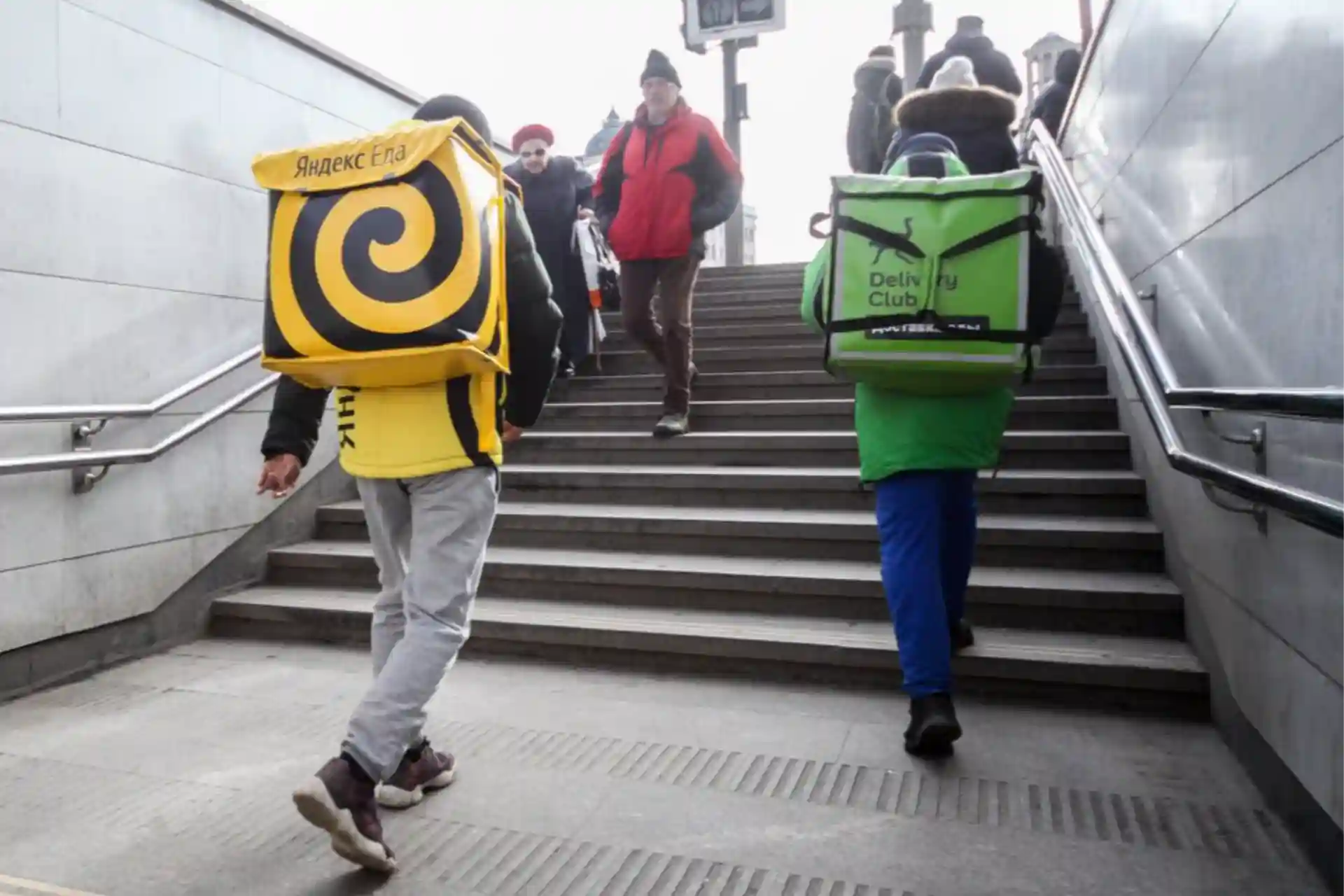In Russia, it was proposed to send couriers and taxi drivers to military factories
The vice-president of the Russian Chamber of Commerce and Industry, Elena Dibova, said in an interview to NTV that there are no people working in military factories in the country, and proposed to ban services, including courier and taxi, and send those working in these fields to military factories.
Elena Dybova, vice-president of the Russian Chamber of Commerce and Industry, proposed to ban couriers and taxi drivers in Russia and to send those working in these fields to military factories. The woman official explained her initiative by the fact that "there is no one in the country to fulfill the state defense order." Migrants work mainly in these fields.
"No, dear comrades, the situation is this: you have to go to the store on foot. <…> Some types of activity should be prohibited. Or there will be no one to work in our factories, and we will just be engaged in service . Or we will do this : first, it is sharp secondly, whether we like it or not, we have to deal with labor productivity ," Di bova said on NTV.
Russian officials for the first time they are not proposing to send those who are employed in industries such as courier and taxi driving, which are mainly employed by migrant workers, to military factories. In the spring of last year, the Minister of Industry and Trade of Tatarstan, Oleg Korobchenko, took the same initiative. "We need to do everything we can to ensure that the vast army of couriers, taxi drivers and pizza delivery people have regular jobs and work in our factories," he said. The official said that enterprises in the republic need 4,000 workers and "this need continues to grow."
In July, Vladimir Putin also demanded that the government prepare about 1 million "blue-collar workers" by 2028 to solve the problem of shortage of personnel in the industry. In addition, the president emphasized the need to modernize the material and technical base of colleges and technical schools, adapt the vocational education system to the needs of the labor market.
At the end of last year, the Institute of Economics of the Russian Academy of Sciences reported that at the end of 2023, the shortage of personnel in Russia amounted to 4.8 million workers.



